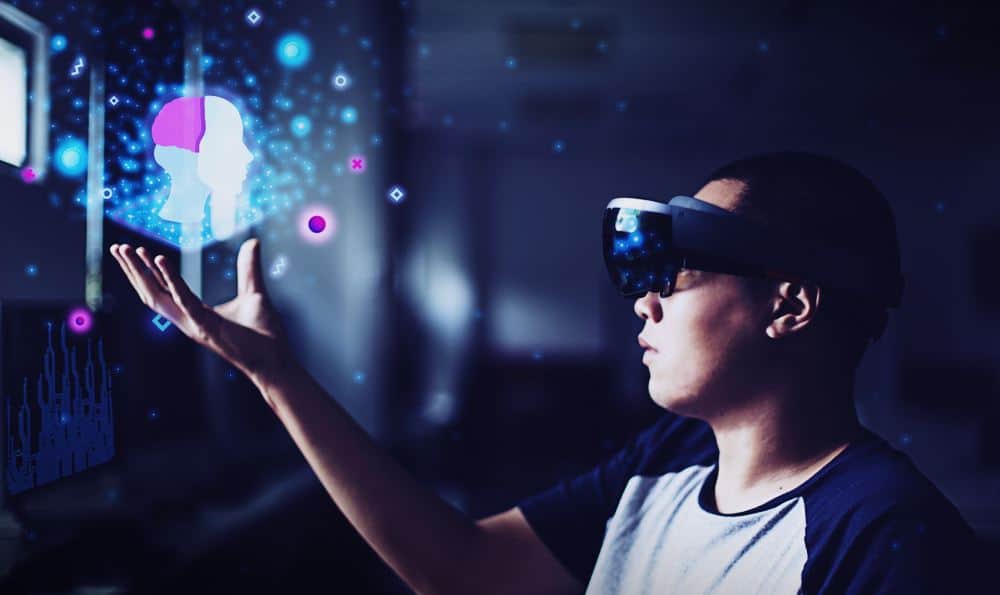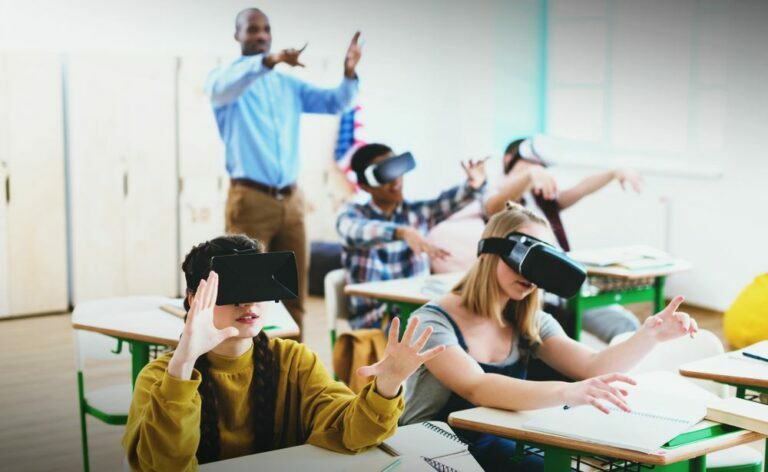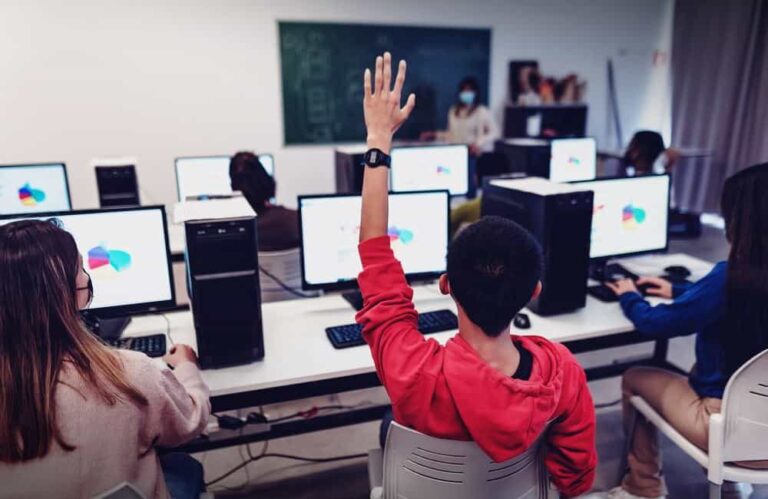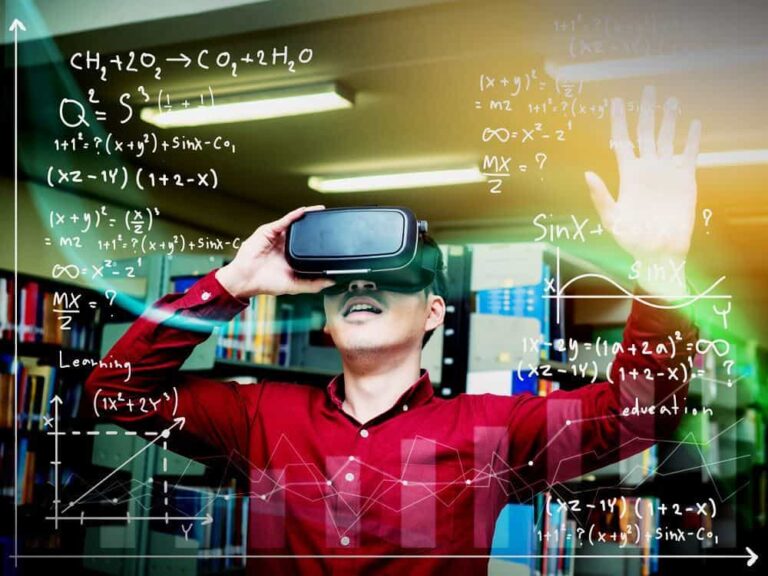In today’s technologically advanced world, gadgets are no longer luxury items but essential tools in everyday life. For college students, they have become indispensable for enhancing the study experience, providing means for efficient learning, effective research, and seamless communication.
The demand for devices that streamline academic work has grown exponentially, especially with the rise of online learning. Amidst a sea of assignments, lectures, and research, students often turn to various websites for help, including essay writing services like domyessay.com, where they can find resources and professional assistance to aid them in their academic journey.
The Power of Laptops and Tablets
Undeniably, laptops and tablets take center stage when discussing gadgets for college. These devices offer the versatility and power that students need for studying, researching, and completing assignments. Laptops are ideal for heavy-duty tasks, such as programming or graphic design, while tablets offer portability for note-taking, reading, or even watching educational videos on the go.
Moreover, the integration of software like Microsoft Office, Google Suite, and various learning management systems makes these gadgets indispensable. They make the process of creating presentations, writing papers, or even organizing your study schedule a breeze.
Not only do laptops and tablets offer power and versatility for the academic workload, but they also provide interactive educational platforms. Laptops can run complex simulations for science or engineering students, while tablets can host interactive textbooks that make learning more engaging. With their high-resolution screens, they are also ideal for students involved in visual arts or design, allowing them to create and edit their work digitally.
Smartphones: Your Pocket Study Buddy
In this mobile age, smartphones are not merely for calls and messaging. They have become dynamic tools for learning, providing students with quick access to knowledge right at their fingertips. Educational apps, digital libraries, and e-books are just a swipe away.
Smartphones also offer productivity apps to manage assignments, create study plans, and set reminders for important academic deadlines. By transforming your smartphone into a learning hub, you ensure that studying can happen anytime, anywhere.
Smartphones also act as a communication hub for college students. They enable students to maintain open lines of communication with their professors, classmates, or study groups. Features like video calling, instant messaging, and email allow for continuous learning conversations beyond classroom hours. In addition, with cloud storage apps, students can easily access their documents and notes from their smartphones, ensuring that they have their essential learning materials wherever they go.
The Impact of Smartwatches and Fitness Bands
Beyond laptops, tablets, and smartphones, smartwatches and fitness bands play a subtle yet important role in a student’s life. While their primary function may be to track health metrics, these devices can also aid in maintaining a study schedule, setting reminders for assignments, or timing study sessions.
Furthermore, these gadgets promote a healthy lifestyle by reminding you to take study breaks, move around, and even monitor your sleep – crucial aspects to ensure optimal learning.
In addition, smartwatches and fitness bands can also serve as a silent study buddy that helps you maintain your focus. Some devices offer features like focus timers, which can aid in implementing effective study strategies such as the Pomodoro Technique. This involves studying in focused time chunks with short breaks in between to maximize productivity and reduce mental fatigue.
Virtual Reality (VR) and Augmented Reality (AR)
The emerging field of VR and AR presents exciting opportunities for education. With these technologies, learning extends beyond the pages of textbooks and the walls of classrooms. They offer immersive experiences, such as virtual field trips or interactive simulations, enriching understanding and retention of complex concepts.
With VR and AR, the classroom comes alive in ways that were previously unthinkable. For example, medical students can perform virtual dissections or even explore the human body in 3D, offering an immersive learning experience that enhances understanding. History students can virtually visit historical sites or even witness historical events first-hand, creating a deeper connection to their subjects.
However, it’s worth noting that the potential of VR and AR in education is not limited to specific fields. Whether it’s exploring the universe in astronomy, simulating chemical reactions in chemistry, or visualizing architectural designs in 3D, these technologies are transforming the way students learn. By offering interactive, experiential learning, VR and AR technologies are proving to be valuable tools in enhancing comprehension and boosting retention rates among students.
E-Readers: The Digital Library
In the modern era of digital learning, e-readers have emerged as a valuable tool for college students. With the ability to store thousands of books, documents, and papers, e-readers serve as a portable library that students can carry around with ease. This means students can have all their textbooks, reference books, and lecture notes on a single device, making studying more organized and less cumbersome.
Moreover, e-readers offer features that enhance the reading experience. They allow students to highlight text, make notes, look up definitions, and even translate words, all without leaving the page. This interactive reading experience can significantly aid in comprehension and recall, making studying more effective. Plus, the e-ink technology used in many e-readers is easy on the eyes, making them ideal for long study sessions.
Finally, e-readers can help students save money in the long run. E-books are often cheaper than their physical counterparts, and many classic books and academic articles are available for free online. Some e-readers also offer subscriptions, allowing students access to a vast library of books for a small monthly fee. This makes e-readers not just a convenient tool but a cost-effective solution for college students.
Conclusion
The impact of gadgets on college students’ study experiences is undeniably significant. These tools not only aid in efficient learning but also in managing academic tasks effectively. However, it’s important to remember that gadgets are just tools to enhance your study methods, not replace them.
Lastly, while technology has made studying easier, there will be times when you might need extra academic help. In such instances, turning to the best research paper writing services can be a lifesaver, ensuring you stay on track with your academic journey. Remember, the key is to utilize all resources available, digital or otherwise, to enrich your learning and excel in your college life.








